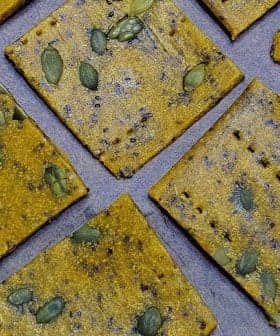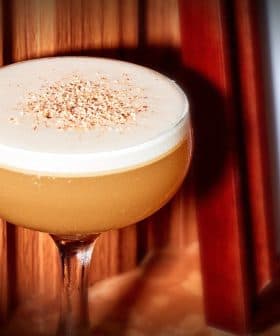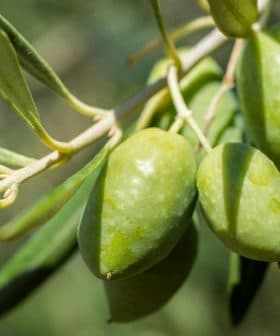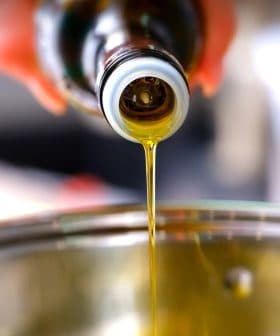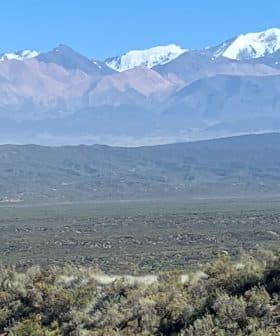Spanish Co. Introduces Vegan Cheese Made With Olive Oil
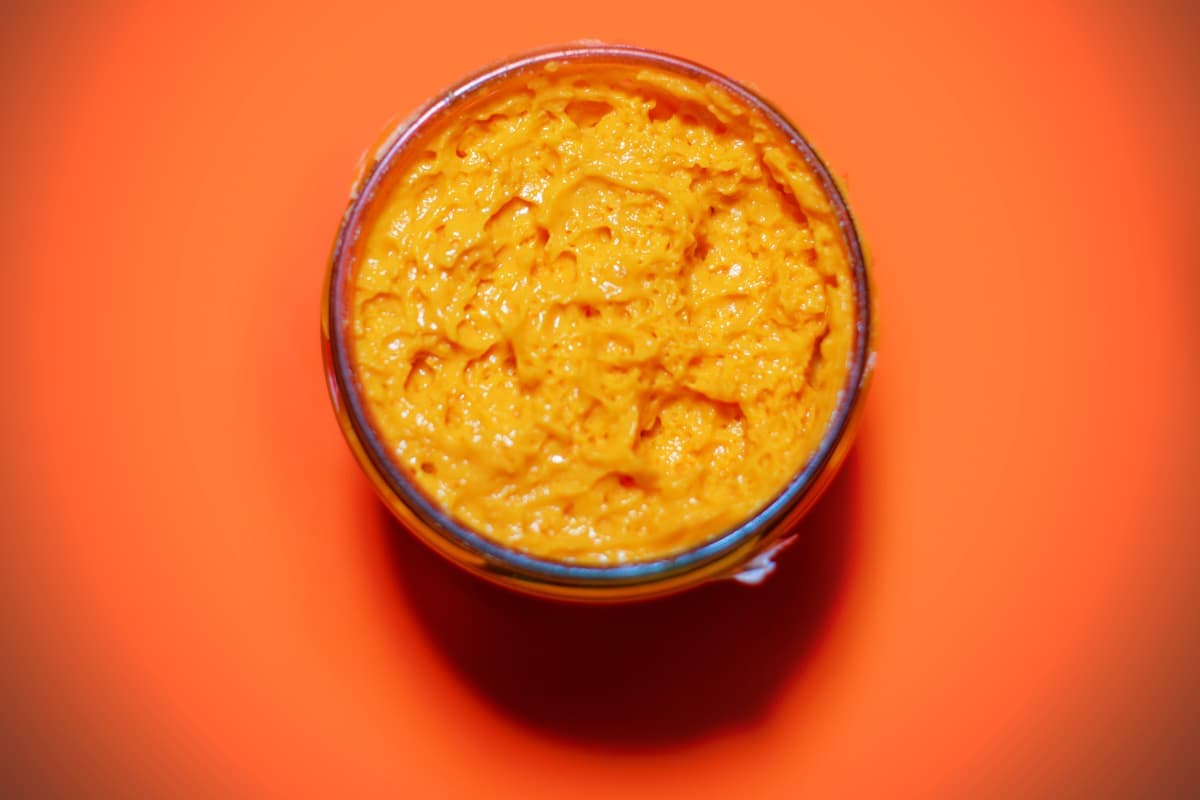
Väcka, a food producer in Spain, has introduced vegan cheese products made from olive oil and melon seed milk, replacing coconut oil and fermented almond milk. The company claims that these new cheeses reduce saturated fats by 73.6 percent and have significant sustainability benefits, with the recipes also including pats, beans, and calcium supplements.
Väcka, a food producer in Spain, has begun using olive oil as a healthy fat alternative in their vegan cheese products.
Focused on plant-based foods, Väcka recently announced two new vegan cheeses made from olive oil and melon seed milk.
Those ingredients replaced coconut oil and fermented almond milk in Väcka’s Mözza and Pumpkin Chxddar cheese products. That reduced saturated fats by 73.6 percent, according to the company.
Other benefits of the innovation include improvements in the sustainability of the new cheeses. Väcka contends that the new Mözza products cut land and water use by 99 percent and CO2 emissions by 92 percent.
Väcka creates the cheese through a “unique disruption innovation” process that was presented at the U.S. Patent and Trademark Office last December and is currently under evaluation, as reported by Revista Aral.
The patent titled “Vegan cheese analogues and method for producing the same” describes a method for non-dairy cheese production through the fermentation of melon seeds.
As reported by Food Navigator, Ana Luz Sans, co-founder and CEO of Väcka, noted that in addition to those two ingredients, the new recipes also provide consumers with pats, beans and calcium supplements.
While the health benefits of olive oil are well known, Väcka also believes that melon seed milk is another healthy alternative to commonly used fats.
One component of melon seed milk, linoleic acid, might help prevent cardiovascular disease and strengthen the immune system. In addition to its many other beneficial elements, extra virgin olive oil also contains a limited amount of linoleic acid.
According to Sans, “we conducted a lifecycle analysis, where we researched various seeds, and the melon seeds stood out for their nutritional value and properties in terms of aroma and taste.”
In addition to being used as a novel ingredient in vegan cheese, researchers are studying the use of olives in traditional cheese production.
A recent study showed that adding olive leaves to the diet of sheep might improve their health, increase the sustainability of the food chain and create a better quality cheese.
In that study, a panel of tasters did not notice any difference in the flavor of the olive sheep cheese compared to the traditional product. Still, consumers indicated a greater appreciation for the olive-feed version after being told about its organoleptic characteristics.


